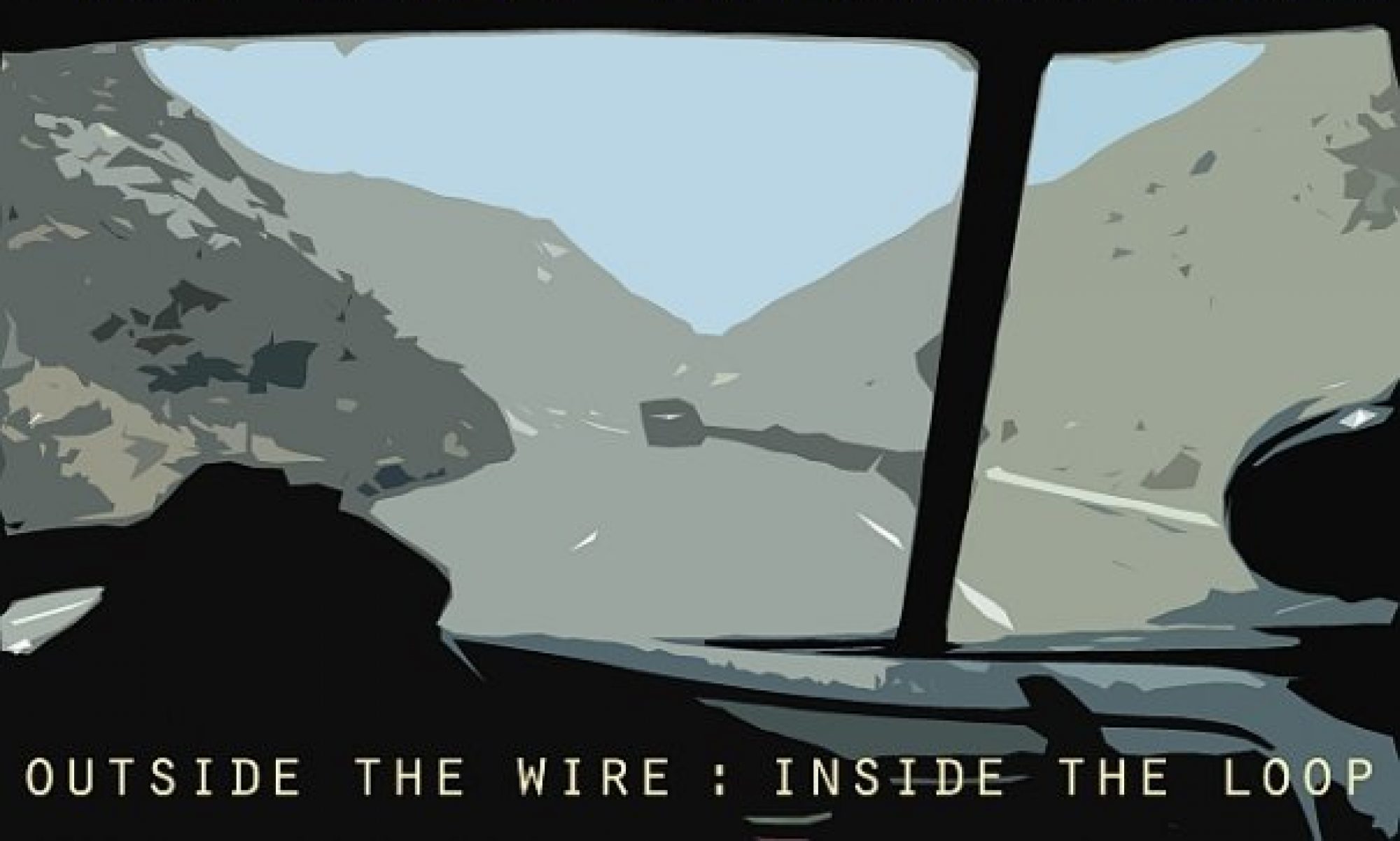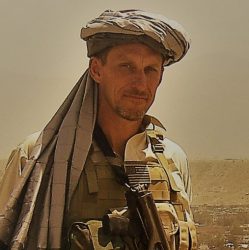The bravest are surely those who have the clearest vision of what is before them, glory and danger alike, and yet not withstanding, go out and meet it.
THUCYDIDES
Jeff Shaara uses this quote at the beginning of his trilogy on WW II, The Raising Tide, setting the tone for his examination of the men who fought that war. It obviously applies to men like Karl Marlantes who fought like a lion in Vietnam despite being against the war. It includes men like Tim O’Brien who harbors a life long regret for not having the intestinal fortitude to escape to Canada, choosing by default to fulfill draft obligation by being a grunt in Vietnam.
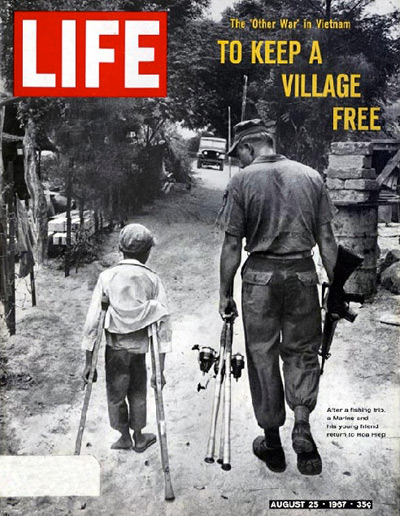
The quote above does not describe every man who served in Vietnam. In that conflict, as in every conflict, there is a percentage of participants who game the system to avoid or reduce exposure to risk. John Kerry is the most famous example of this type of participant from that war. Combat veterans from every prior and subsequent conflict know the type well. Not everyone has what it takes to do what is asked of them in combat; that’s not a sin, it just is, but there remains a subset in every military organization who will go to great lengths to hide the fact they were not up to the task.
The men who demonstrated by their deeds the spirit of the Thucydides quote are special. They embody the classic hero narrative, which can be found in stories from every civilization throughout history. Entering the world of Mars is terrifying, those who do so with resolution, those who can function and even excel in that world are not only special but a requirement for any civilization to survive and prosper.
What I remember most from the days of Vietnam was the creation of an anti hero narrative that stigmatized the Vietnam Vet. It is clear that the Vietnam Vets who were featured in the series had been selected because their views of the war were aligned with the narrative Burns wanted to tell. No Vet who was unapologetic about the war or thought his time there well spent was included. The only exception was General Merrill McPeak who was a fighter pilot. Fighter pilots always get a bye in the media and Hollywood because the job is so inherently cool.

What about the career officers; the men who went on to build a broken American military into the most functional, politically popular segment of the federal government? Where were the Tony Zinni’s, Frank Libutti’s, or Colin Powell’s?
How about enlisted men who did their time willingly and then came home to build impressive careers despite the scorn from their fellow citizens and with little to no help from the Veterans Administration? My friend and Radio Hall of Fame inductee Jim Lago is one of thousands of men who came home, had a turbulent reentry, self corrected (with the help of other Vets) and built a wonderful career as a radio DJ. Authors Michael Archer. and John Del Vichhio are two more ground pounders who came home, mastered the hard work of novel writing, and wrote popular counter narratives about the men who fought in Nam.
The common denominator for the Vets named above is they are unapologetic about their service in Vietnam, they’ve built successful lives without any remorse for their time served. They represent the anti-narrative and I believe also represent the bulk of Vietnam combat vets. I’m not the only writer with this view.

The coolest story about Vietnam I’ve heard over the past two weeks came from Michael Archer during another great All Marine Radio interview . Compare this story with what you heard over the 18 hour slog that was The Vietnam War and you tell me this wouldn’t have made for riveting television.
Michael Archer lost his best friend from high school, Corporal Thomas Patrick Mahoney III, on a patrol outside Khe Sanh and wrote a book about his search to find out what happened to him and recover his remains. Mike was in Khe Sanh for the duration of the siege of that fire base. He was a communicator by training and was at Khe Sanh village with an SF detachment on day-one of the battle. Having gone back to Vietnam to conduct research in the NVA historical archives (which he describes as being incredibly thorough) he discovered the reason he survived the massive attack on the small SF base at Khe Sanh village. The NVA regiment assigned to attack the outpost (well outside the wire of the Marine base) got lost the night before. The sappers supporting that regiment also got lost and never showed. The NVA arrived after sun up (not at 0200 as scheduled) and decided to attack anyway but were decimated by artillery and tac air.
But that’s not the cool story – his determination to find the remains of his best friend and bring them home was. In the course of his investigation into what happened to Tom Mahoney he actually met and interviewed the man who shot him. They correspond to this day. Mike also discovered in the NVA documents concerning the Khe Sanh operation that up until the last day of the siege the NVA was absolutely committed to taking the base just as they did at Dien Bien Phu.
The narrative in the Burns series was wrong on that point just as John Del Vicchio contends in this excellent post on the PBS production. But that’s a minor point; here’s a major one. Could you imagine and interview with Mike and then another with the NVA officer who killed his best friend? How cool would that have been if only Burns was interested in the best stories available and not just the ones backing the narrative he wanted to tell.
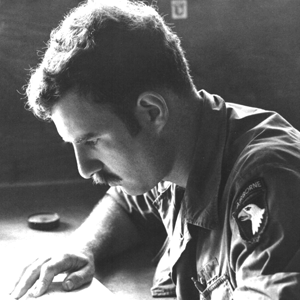
When John Del Vecchio published the novel The 13th Valley he received hundreds of letters from army and Marine grunts who told him that what he described in his book was their unit in Vietnam. That their experience was one of competent leaders, proficient NCO’s, hard fights where they prevailed. The popular narrative of the war never reflected that fact. Hollywood fed the public a concocted false narrative that was the foundation of movies like Taxi Driver, Full Metal Jacket, Apocalypse Now, The Deer Hunter, Coming Home and Platoon.
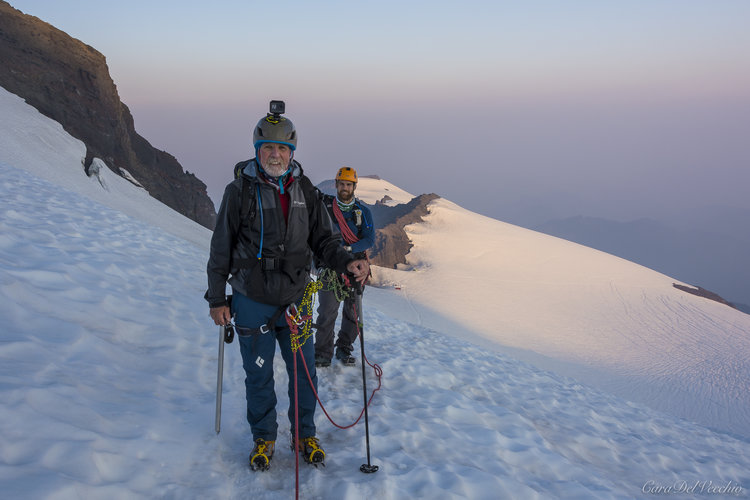
Hollywood tried to pull that same trick with the wars in Iraq and Afghanistan producing PC driven garbage that, unlike the films above, failed dismally at the box office. The only movies that were hits were pro military, American Sniper (which I understand was an accurate portrayal) and Lone Survivor (which was not accurate; Ahmad Shaw was a low level punk with 6 guys not 100’s and the SEAL’s didn’t kill any of them in the mountains of Kunar that day).
Another curious phenomena that speaks volumes about Vietnam Vets is there are only 3 million of them yet 3 times that number claim to have served in the war. The number of frauds who leveraged bogus claims of daring-do to get media coverage, political office, sympathy from women or federal benefits was revealed by B. G. Burkett in his book Stolen Valor. Mr. Burkett had to self publish his book because nobody in the big media/infotainment complex wanted to hear what he had to say.
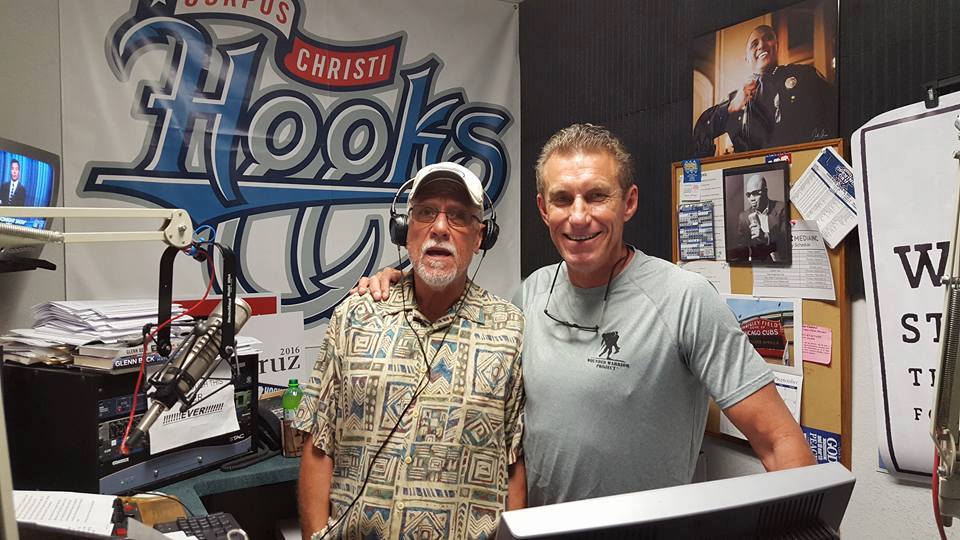
The Vietnam War was an impressive series despite leaving out the large cohort of the Vietnam Vet community who did not fit into the liberal progressive narrative of that war. The biggest unintended consequence of this project have been the change in perception in today’s military men of their Vietnam era forefathers. Mac has talked about this repeatedly on All Marine Radio. I have picked up some Vietnam Vet followers recently too and I want to highlight a point I hope they appreciate.
The men (and women) who fought in Afghanistan and Iraq sucked up rocket attacks, mortars, booby traps (we called them IED’s) and both near and far ambushes. They know what it’s like to have rockets slam into their perimeter, they know the feeling of helplessness when mortars start to drop in around them. What they do not know and could never imagine (until now) is how that would feel if the impacts numbered in the hundreds and went on for weeks on end. If you were hit by three rockets in one volley in Iraq that was an unusually heavy attack. Mortar attacks in Afghanistan might involve four rounds but normally were just one or two.
None of us could imagine parking our asses on a firebase inside the range fan of enemy artillery and getting shelled for months on end. On 25 September 1967, 1,190 mortar rounds, artillery shells, and 122mm rockets fell inside the wire of Con Tien. That is unimaginable to the modern soldier or Marine. It makes the indirect fire we faced overseas seem like a cake walk. We are not worthy when it comes to bitching about indirect fire.
Judging from the emails that have poured into All Marine Radio, the emails I receive and comments I’ve read in various critiques of the series; Ken Burns has made the Vietnam Vets into legends in the eyes of today’s American military.
Vietnam Vet’s never got the welcome home they deserved; there were no parades, no celebrations there was only shame. The only welcome came from protesters milling outside the gates of military airfields to spit at and insult Vets and their families who were driving them home after their 12 or 13 month tour. There is now a segment of America who will never look at them the same way again. The segment that is fighting overseas today, the segment that has served combat tours for the last 16 years. The segment which has a few tough fights under its belt but now know that what they did wasn’t squat compared to their Vietnam predecessors.
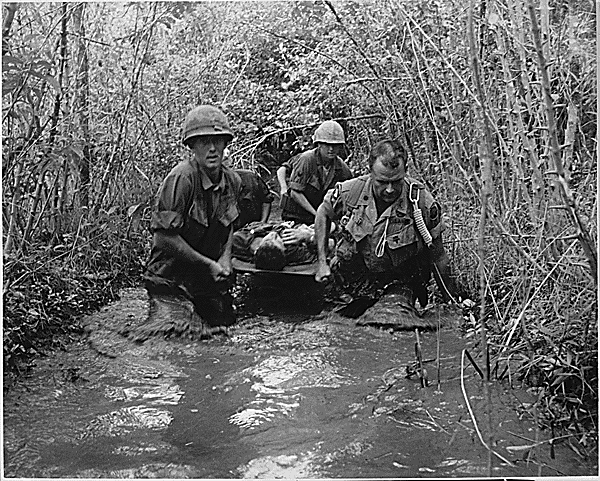
That is not a large cohort of the American people but it is (I suspect) the one cohort that matters to Vietnam Vets. It will be interesting to see how this plays out in the future. Like Mac, when I think about the amount of serious fighting Vietnam Vets did with such primitive fire support, communication and weapon systems I’m amazed. When you add the individual replacement system, the fact these men didn’t train together or know each other; that they lacked cohesion or trust in their chain of command (which are built in pre-deployment training) their performance is beyond amazing. These men should have been legends all along; and now, thanks to Ken Burns, they have become legends to the men and woman who understand just how remarkable they were.
